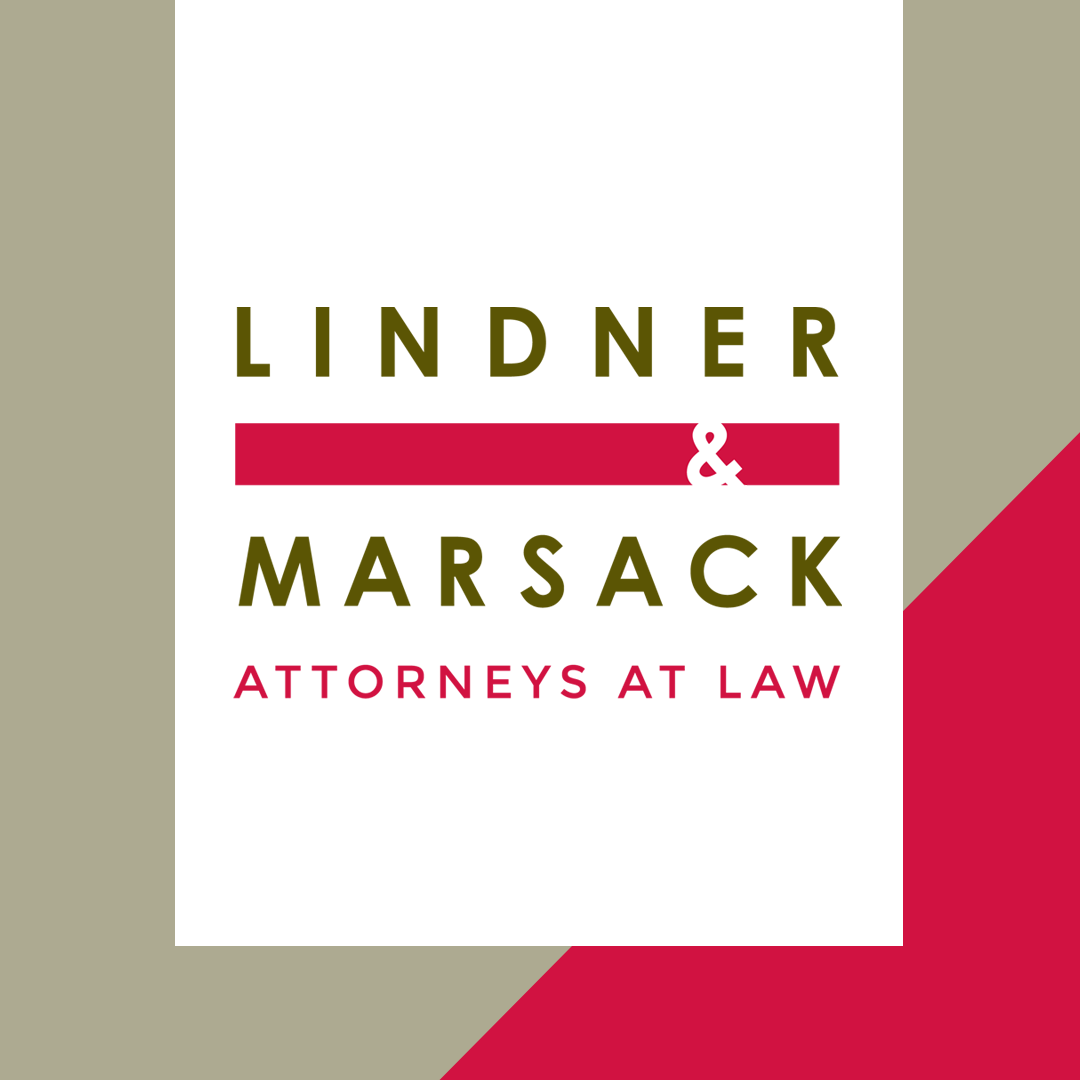By: Samantha J. Wood and Sally Piefer Last month, the federal district court for the Southern District of New York struck down several regulations issued by the Department of Labor (DOL) regarding the Families First Coronavirus Response Act (FFCRA) and its two major provisions, the Emergency Paid Sick Leave Act (EPSLA) and the Emergency Family […]

DOL PROVIDES CLARIFICATION ON FFCRA PAID LEAVE PROVISIONS
Leave a reply
